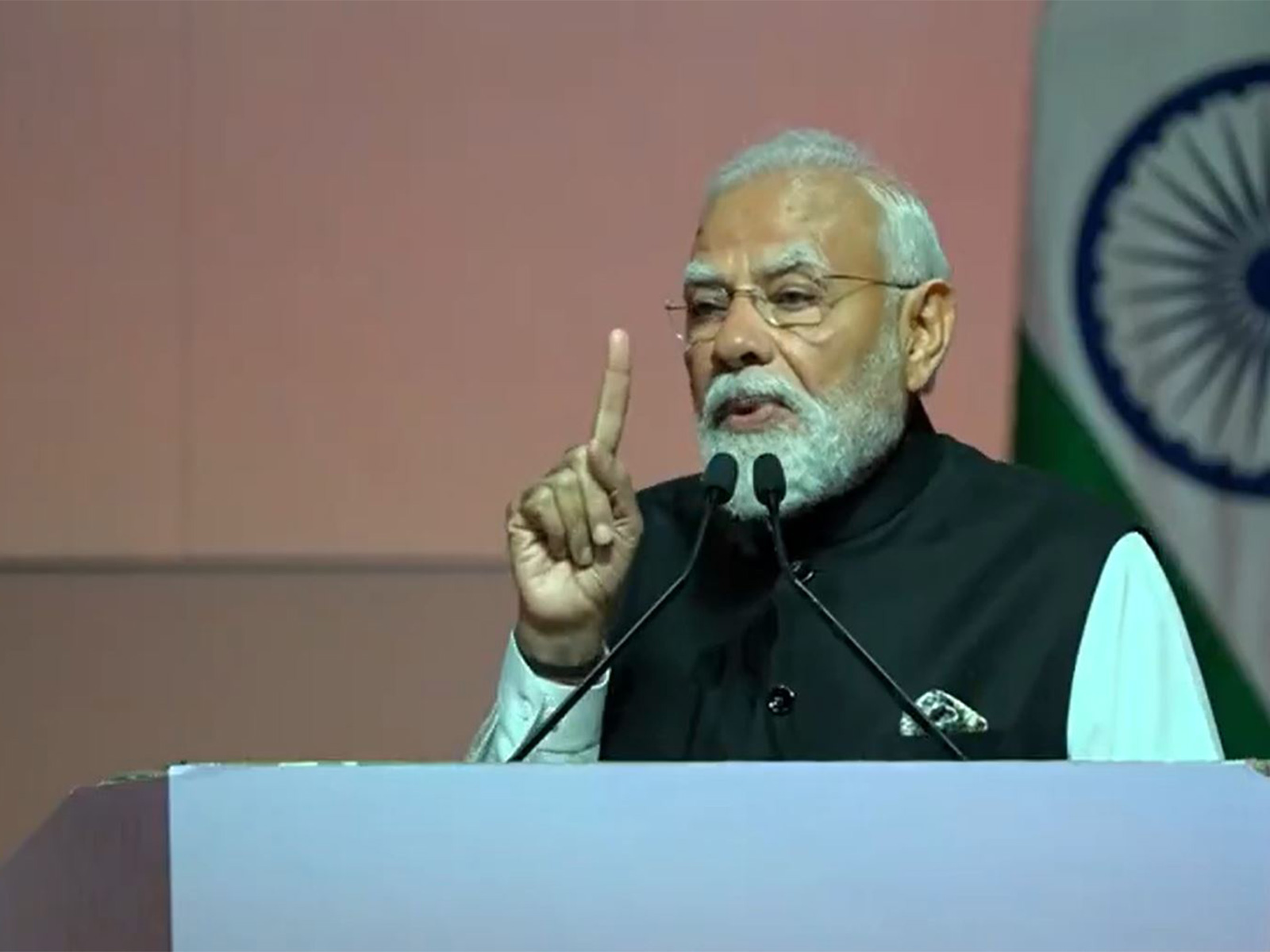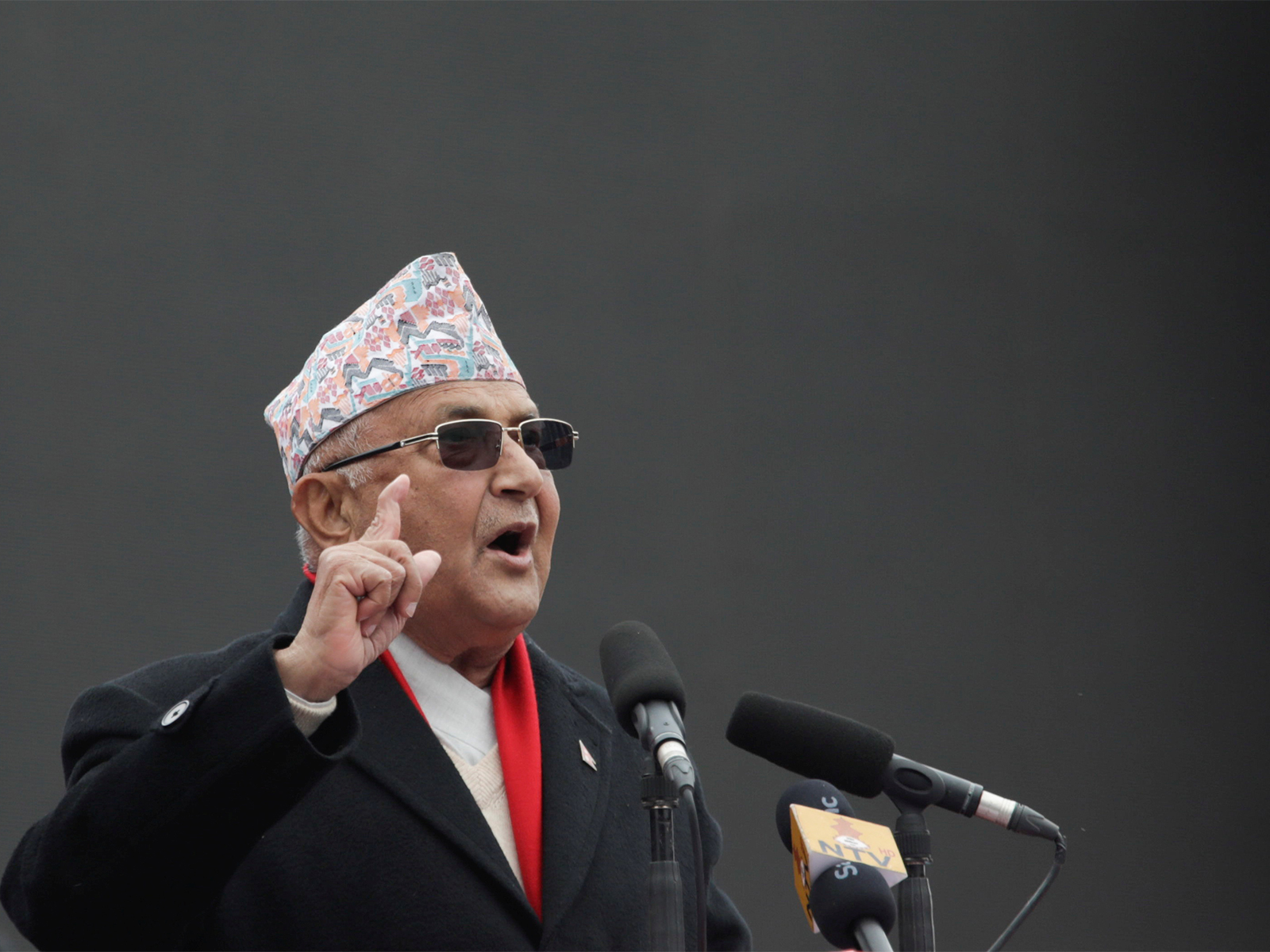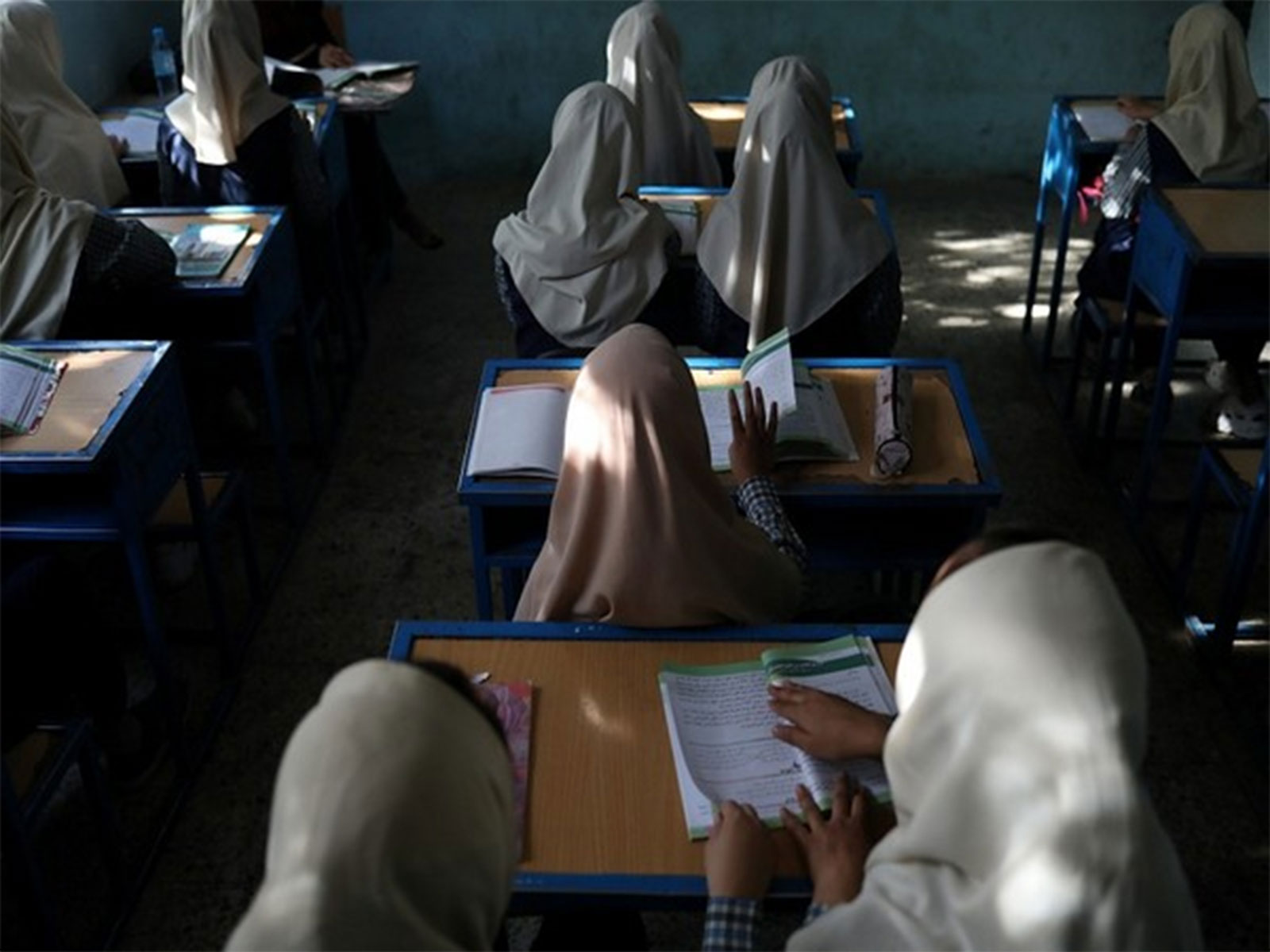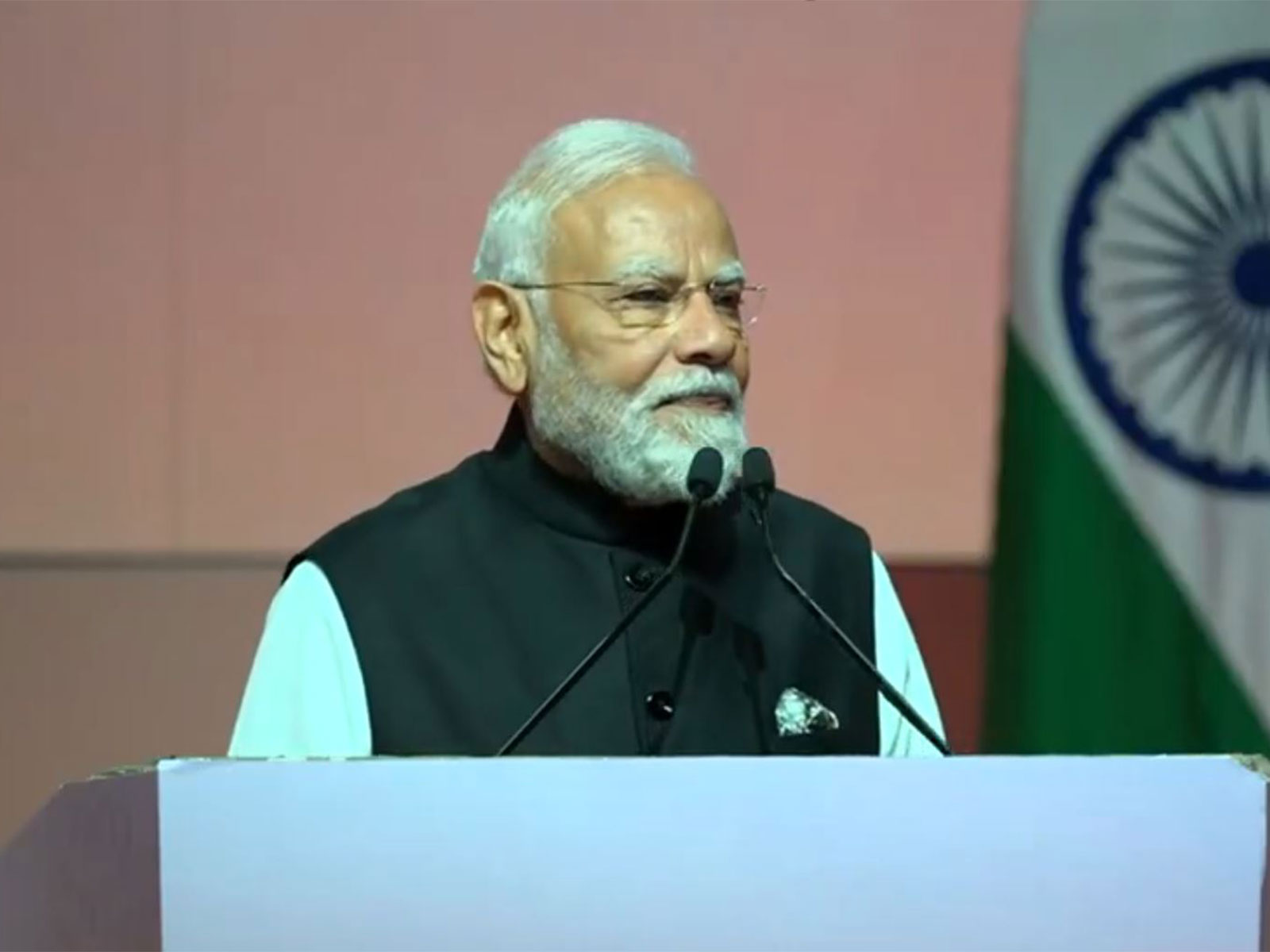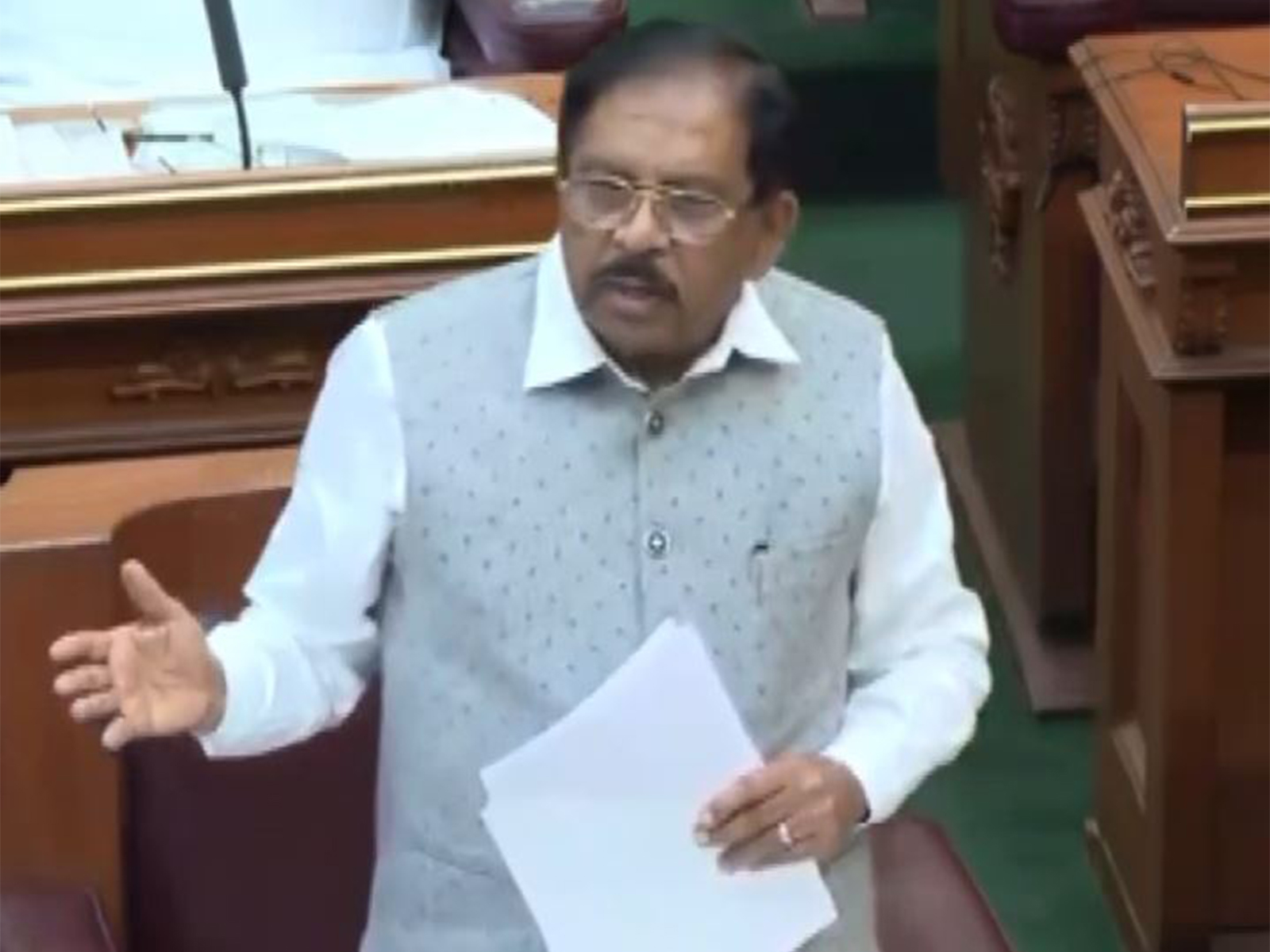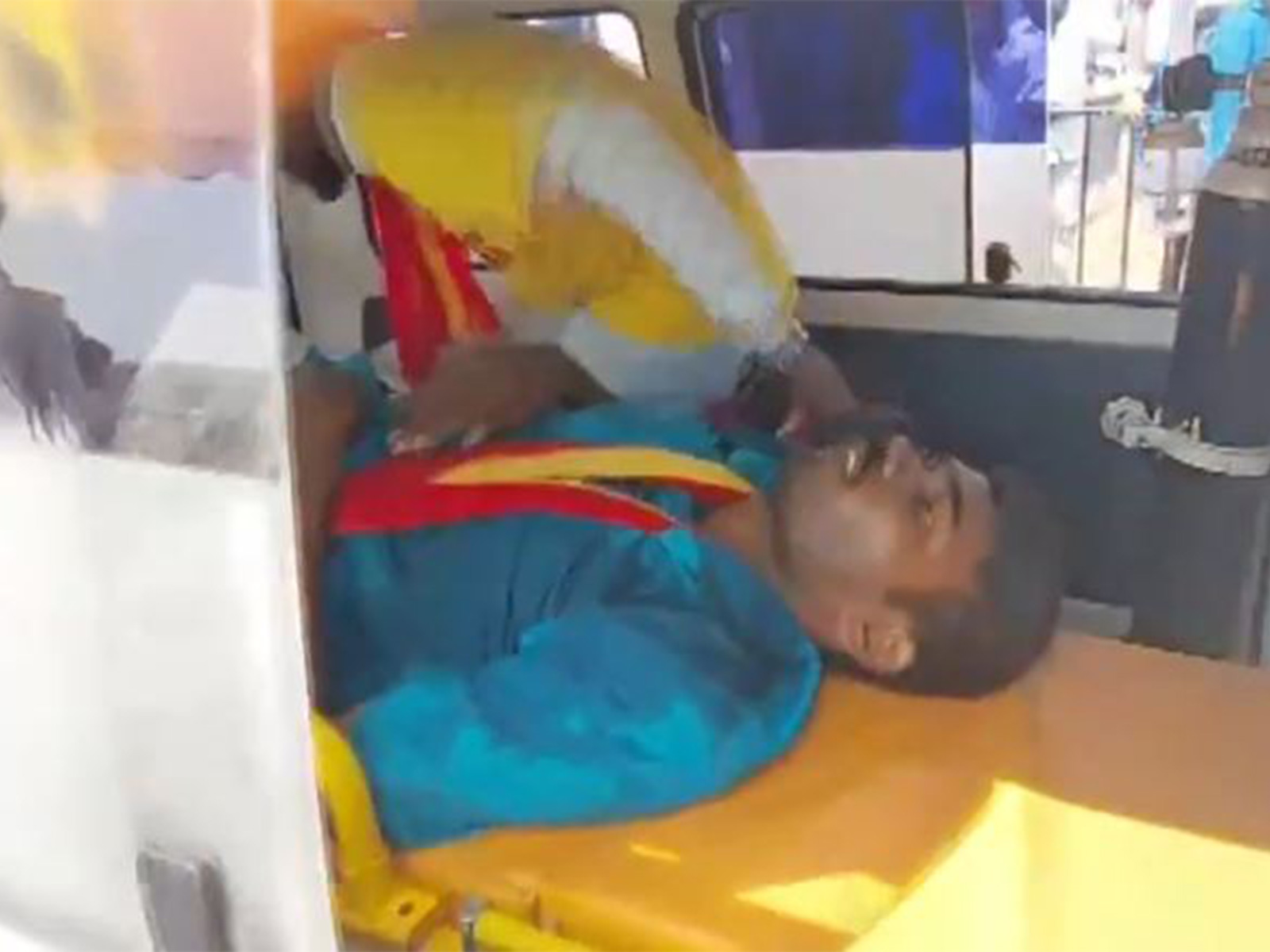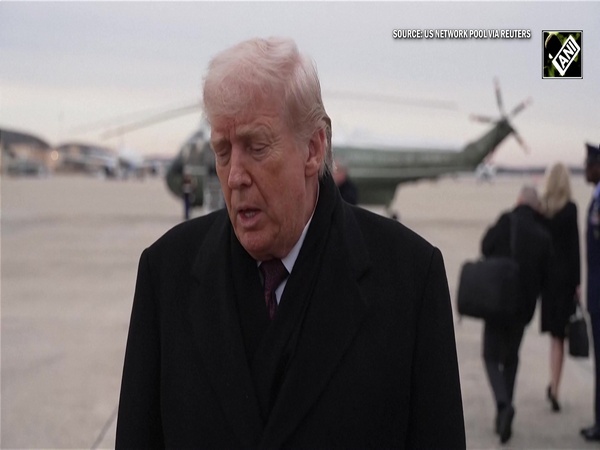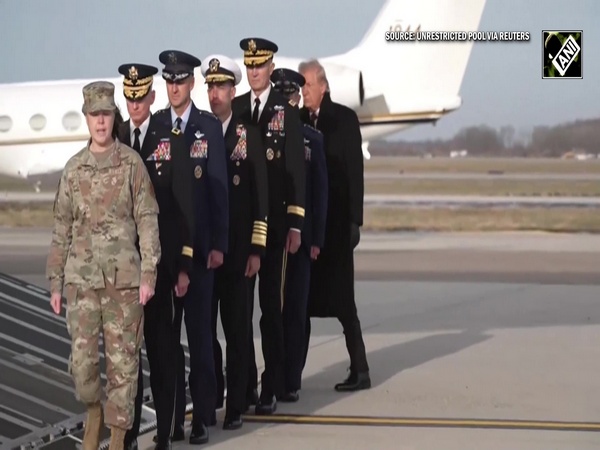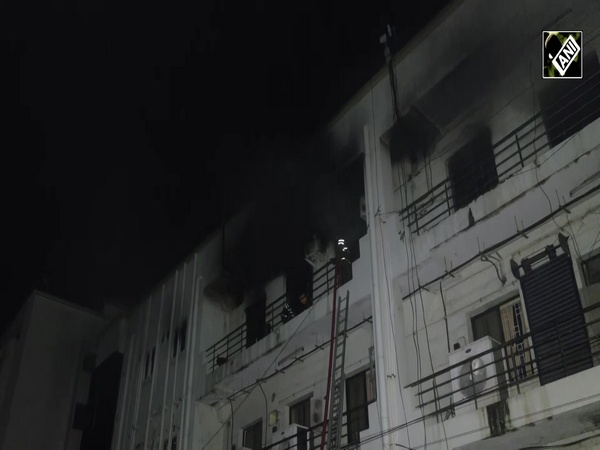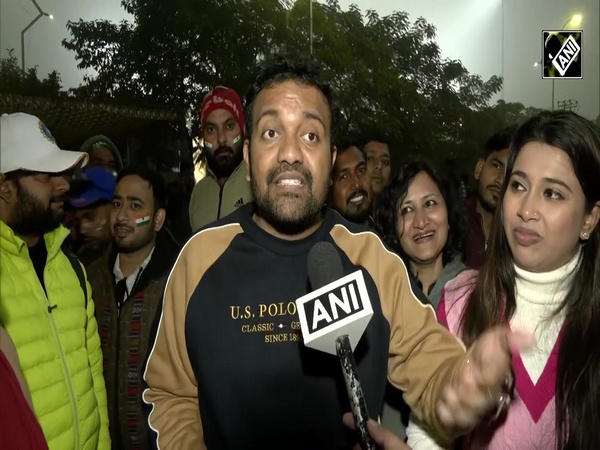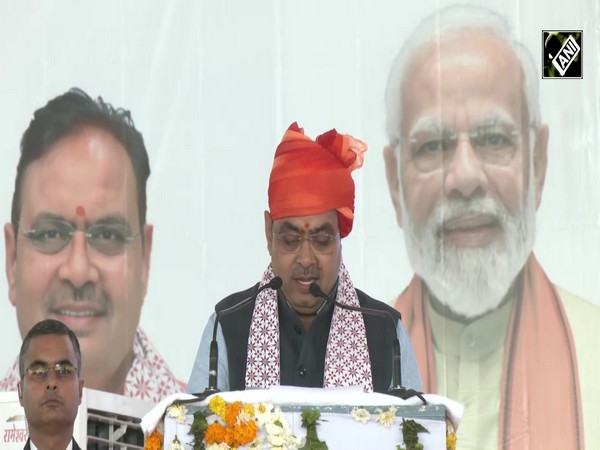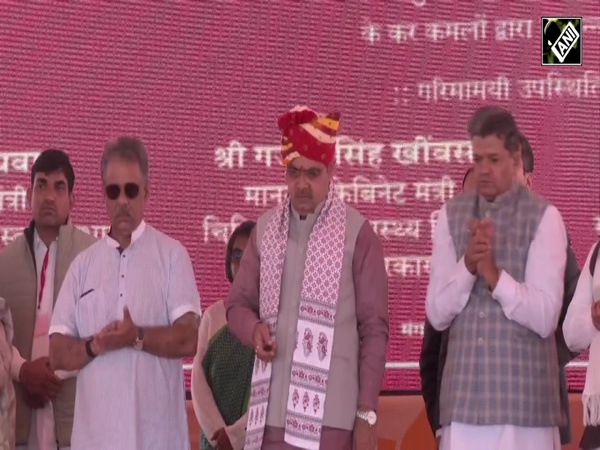Human Rights Commission of Pakistan calls for action amid escalating violence in Khyber Pakhtunkhwa
Oct 01, 2024

Lahore [Pakistan], October 1 : The Human Rights Commission of Pakistan (HRCP) recently condemned the deteriorating law and order situation in Khyber Pakhtunkhwa, urging the government to combat extremism and protect the lives and rights of citizens.
According to reports, in just the past week, a policeman was killed in an attack on a diplomatic convoy in Swat, polio workers were kidnapped in Dera Ismail Khan, and policemen were assaulted in Nasir Bagh and Bajaur.
The HRCP expressed concern over the recent surge in violence, particularly in the Kurram district, and announced plans to send a fact-finding mission to the area in the coming weeks. This mission aims to determine whether tribal conflicts and sectarianism are contributing factors.
The HRCP stated, "We will gather information from local communities and government sources to understand why this violence persists." They noted that the resurgence of violence has not only resulted in tragic loss of life but has also displaced families. Furthermore, access to mobile services, schools, hospitals, and markets has been severely restricted.
Earlier, on September 28, a large group of people in Mingora, Swat district, held a rally to protest against terrorism and express their opposition to military operations.
They called on the "state-sponsored Taliban forces" to cease their anti-Pakhtun actions to prevent the disintegration of the country. Speakers at the rally criticized intelligence and security forces for their failure to ensure the safety of foreign diplomats during their visit to the Malam Jabba region on September 21, which ultimately led to a terrorist attack.
The HRCP has repeatedly warned both federal and provincial governments that military operations are not the solution to Khyber Pakhtunkhwa's security issues. They emphasized that law and order should be maintained by well-trained and equipped civilian forces, and those involved in violence must be held accountable under the law.
Additionally, they urged that the financial and developmental commitments made to the erstwhile tribal areas should be fulfilled in accordance with the 25th constitutional amendment.
